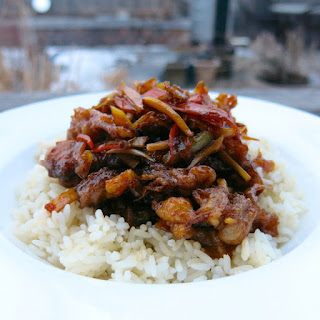 |
| Find all my BWL titles here on my author page |
All these thoughts were brought to
mind again because of writing my latest book; Crying is for Babies, as the
story begins in 1931 when one of my sisters had just begun at school at the age
of three. They started early in those days and finished usually at fourteen,
when they went straight out into the workforce. There were no kindergartens or creches. If a mum had to work then a neighbour or relative would look after her
baby.
My older sisters all worked in the
clothing industry as I did eventually, where there would be dozens of
machinists slogging away over their sewing machines. How times have changed in
that department, you’d be hard-pressed to find a factory in Australia and I
guess England, that produces clothing, as every item we buy nowadays is made in
China, Bangladesh, or similar.
Our coal was delivered by a coal-man who hoisted a huge bag of coal onto his broad back and then opened the coal-hole
in our front step, and shot the contents of the bag down into our cellar. I
loved the smell of that little room. The coal had to be then brought up in the coal-scuttle to keep the fire going in the living room. Our mother would bank it up every
night before going to bed with coal dust so that it was still smouldering next
morning and we had at least one warm room. We could bake potatoes in the ashes,
or chestnuts (Mm, I haven’t tasted a roasted chestnut in years) or sit there
holding our bread to toast it by the fire.
The younger generation with their
spotless homes and gadgets that
I guess as a writer I shouldn’t
condemn computerised gadgets, as I could not live without my PC, but think of
how the writers of years ago sat with inkpot and quill and yet managed to pen
masterpieces. Even I began by scribbling my stories using a pencil on paper.
When graduating to a typewriter, we had no spell-check or in-built thesaurus,
which meant we had to ensure our spelling was correct the first time round,
especially if we were typing carbon copies, or spend precious time going back
over our work to correct any mistakes. There is no doubt the computer makes us
lazy, as I tend to rely on it at times to correct me as it saves me time. One
thing I have no arguments with is Google—the best thing since sliced-bread was
invented. I do not have to leave the PC, get in the car, drive to the library (even
though I love the place) and spend hours swatting over research manuals. I do
not even have to leave the page I am working on and can have any answer I am
searching for within minutes.
One thing my mother would have
loved would have been a vacuum
cleaner. Imagine having to take the rugs outside
to bash the dust out of them. Later she had one of those carpet sweepers that
you push along, but even they did not collect all the dust left behind by many
feet. Floors were scrubbed by hand—no electric mops or carpet shampooers back
then. The chimney had to be swept by a professional chimney-sweep, unless you
had a brother like one of ours who decided one day that he could do a better
job. Imagine my mother having to clean up an inch of soot that covered
everything in the whole room, including furniture, with no vac!
We certainly have it easy these
days, and I love my washing machine, microwave oven, and computer, but not in
that order, but there are times when I hanker for the simpler life I knew as a
child growing up in the forties and fifties.
 |
| Visit my Web Page for excerpts, reviews and info on all my books |
















.png)

.jpg)
